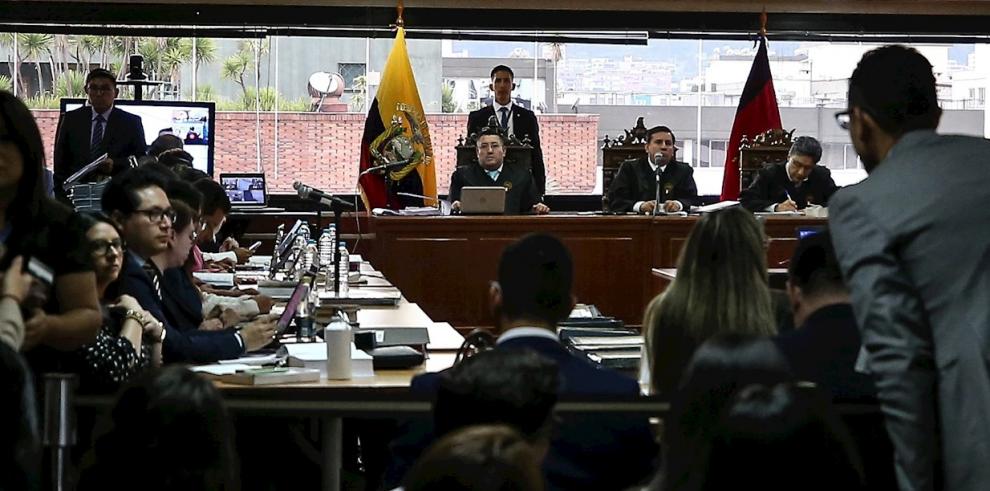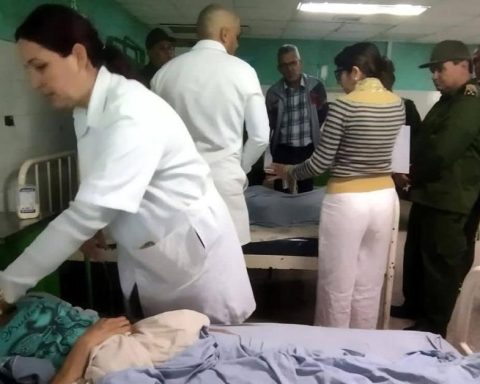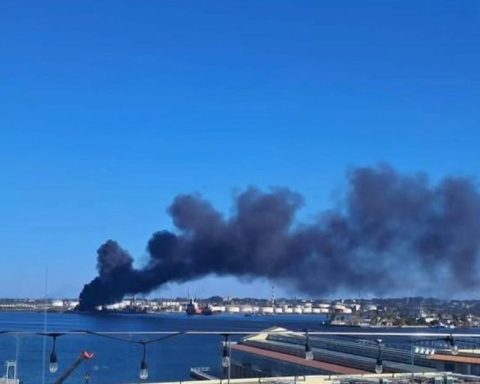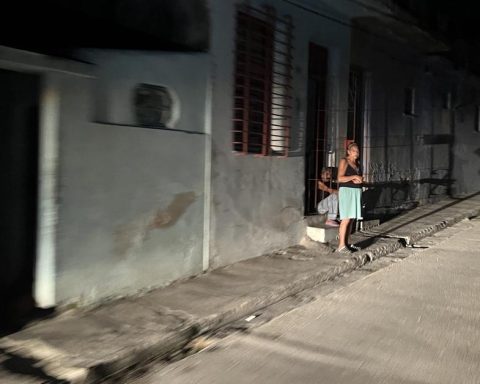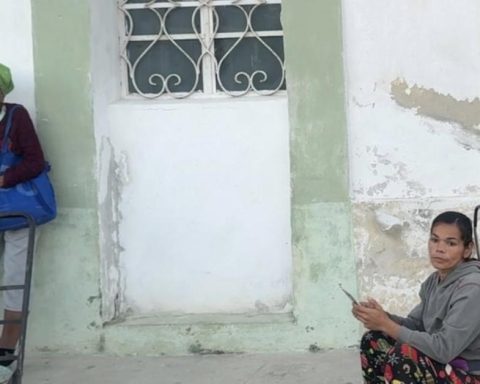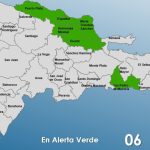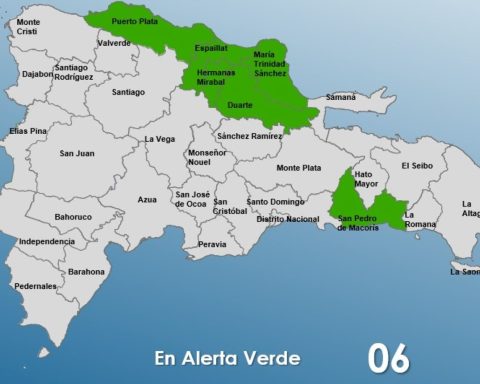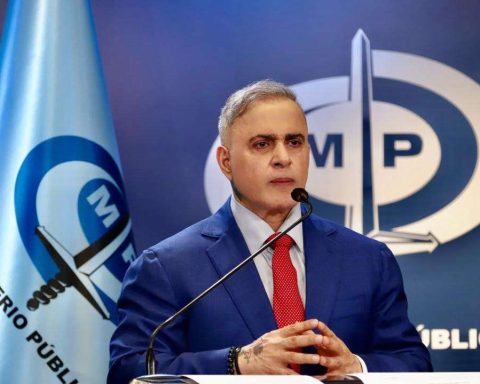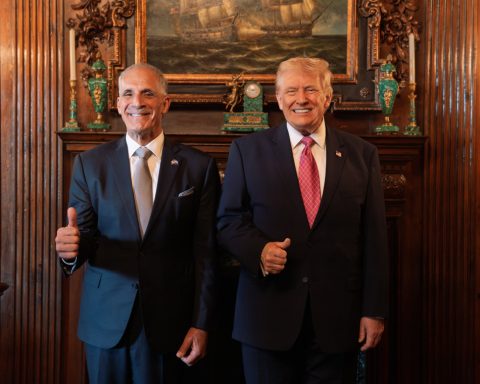Justice can issue red alerts, but these will not always have the approval, as in the case of Correa.
The requests made by the Ecuadorian justice to search for and capture Former officials and other former State authorities they fall. Activation of red alerts has limitations when Interpol, international office in charge of executing them, considers that a political component in the requests issued by the member countries.
For example, the International Police has denied the requests against the former President Rafael Correa. Requests for red alerts were tried three times to answer for the kidnapping of the activist Fernando Balda placeholder image and by the sentence of the case Bribes 2012-2016.
The ex-president’s lawyer, Carlos Alvear, indicated that the petition was unsuccessful because this alert goes against the principles of the Interpol. “First it has to go through an analysis of the technical team of the agency”, which is in France.
Orders rejected
The base that uses the Interpol to deny requests is in the Article 3 of the Statute of Constitution of the Organization International Criminal Police.
The regulations indicate that the organization “It is strictly prohibited” any activity or intervention in matters of a political, military, religious or racial nature.
The former Chancellor and former Minister of Government, Fernando Gándara, explains that this rule does not act only in cases in which a “possible political persecution “; but because it is also valued if he held a certain public office.
The last recent case where Interpol activated an order was the first of December. Sebastian Yunda, required by the Ecuadorian judicial authorities, was arrested in Argentina. He’s investigated for alleged irregularities in the Municipality of Quito. He was not in public office.
Yunda regained her freedom on Friday, December 3, 2021, since the Argentine justice considered that he can appear periodically before a judge. This while a extradition request against him.
In other cases, search and arrest requests have worked against people who held public office. For example, in February 2020, Pablo Romero, former Secretary of Intelligence of Correísmo, was arrested in Spain for his subsequent extradition to Ecuador to answer for the kidnapping of the politician Fernando Balda. In his file it was not determined that there was a political charge within the sanctioned crime.
The International Police were also activated in 2019 and arrested the former Minister of Correismo in Peru Ramiro Gonzáles, but he was released after a ruling by the justice of that country.
How do the alerts work?
THE TIME contacted a police chief who worked for three years in the Quito offices that coordinate with the Interpol. He preferred not to be cited.
The officer indicated that everything begins when an Ecuadorian judge, at the request of the Prosecutor’s Office, request the activation of the red diffusion. It can only be given when there is certainty that he left the country and after verifying that the alleged crime for which he is prosecuted exceeds the three years in prison.
The Interpol National Central Office in Quito prepare a draft notice. There are attached the fingerprints, full names, aliases and photographs of the suspect. The identification expressly indicates whether he holds or held a public office. In addition, the hearing resolution is scanned and is sent to the files of the organization in Lyon, France. A group of analysts check if the order proceeds. “When they determine that there are political situations, they deny it,” he says.
Due to these considerations, Interpol did not activate the request for red diffusion against Walter Solís, former Secretary of Water, sentenced in Ecuador. This was reported by his lawyer José Luis Ortega. In addition, he added, the country’s justice did not clearly specify the type of crime for which he was being persecuted.
The catch is not enough
For suspects or convicted persons to face the Ecuadorian justice, it is required an extradition request. The judge, in charge of the judicial process, must request this figure from the Presidency of the National Court of Justice (CNJ).
Article 30 of the Ecuador’s Extradition Law it states that it will be done “when there is an order of preventive detention or sentence against a person who is a fugitive or who has a red notice.”
After an analysis, the President of the CNJ decides the extradition request is admissible and a formal request is issued to the authorities of the country where the accused is, as long as it has an agreement with Ecuador.
If the country where the defendant is captured accepts the extradition, the delivery of the defendant will be coordinated in Ecuadorian territory. (DP)
194 countries are members of Interpol.
Fugitives pursued by the Criminal Police Organization
- Murder crimes
- Sexual abuse of minors
- Human trafficking
- Fraud
- Corruption
- Drug smuggling
- Crimes against the environment
- Money laundering
